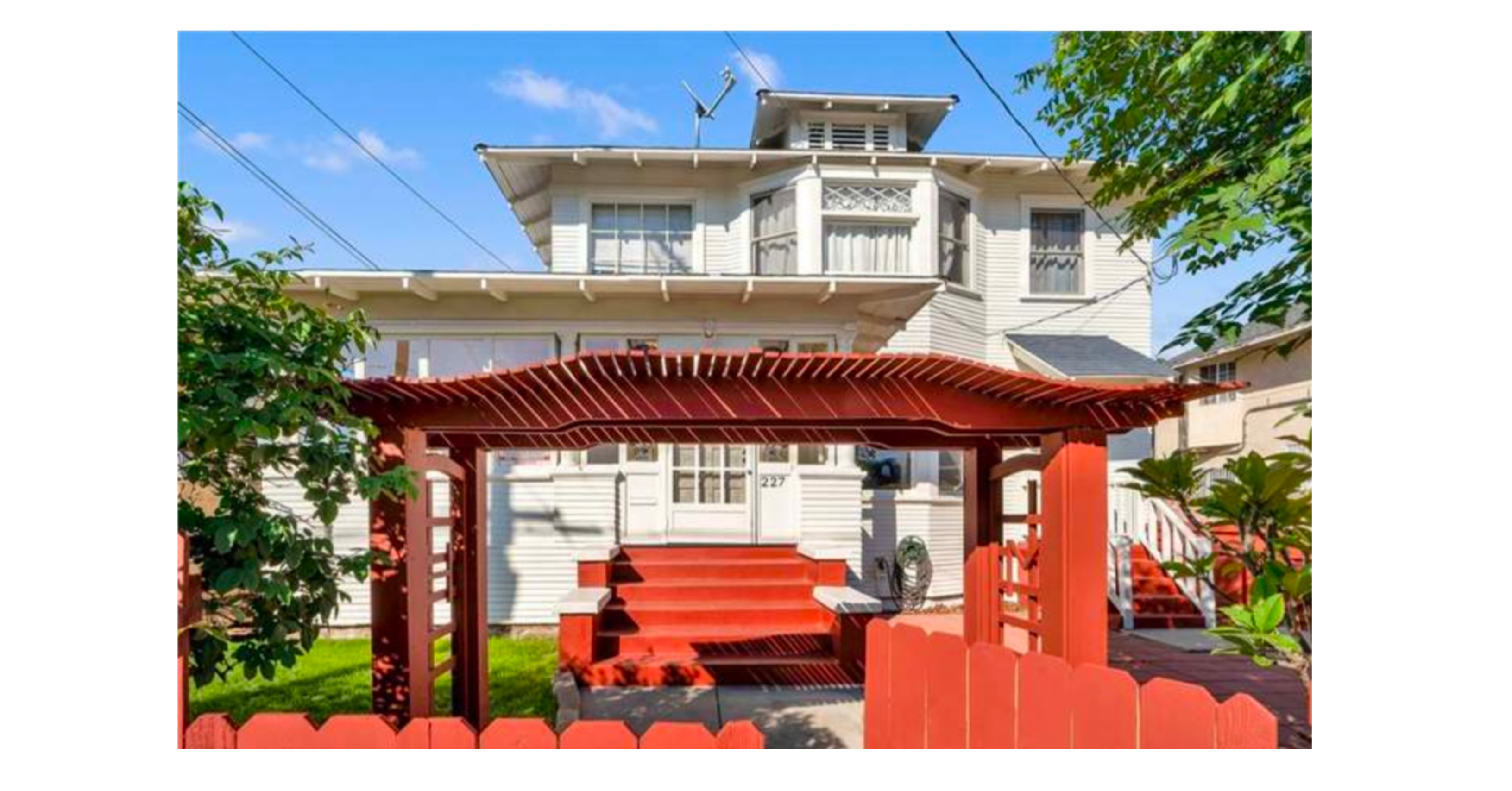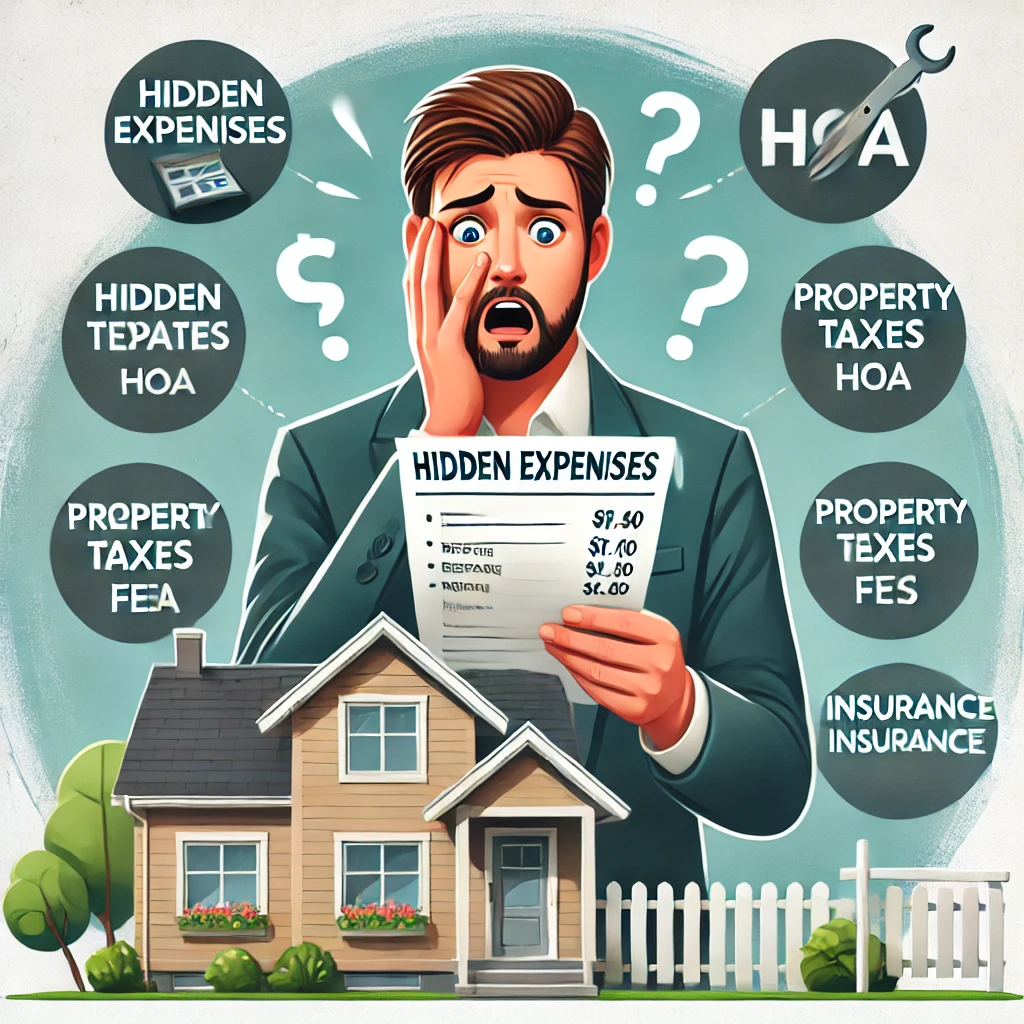Luxury Home Buying Guide in Miami (2025 Edition)
Luxury Home Buying Guide in Miami (2025 Edition) Miami isn’t just a city—it’s a lifestyle. With year-round sunshine, oceanfront views, and no state income tax, it’s no surprise Miami has become one of the most desirable locations for luxury homebuyers in the United States. Whether you’re buying a vacation retreat, an investment property, or a primary residence, this expert guide will walk you through everything you need to know to buy a luxury home in Miami with confidence. — Why Miami’s Luxury Market Stands Out Miami offers a rare blend of tropical weather, cultural diversity, financial freedom, and top-tier amenities—all of which make it a global magnet for affluent buyers. Key Advantages of Buying in Miami: No State Income Tax: Florida’s tax benefits are attractive to high-income individuals. Global Demand: International buyers from Latin America, Europe, and Asia continue to fuel demand. Investment Growth: According to Zillow, Miami’s high-end properties appreciated by 9% in 2024 alone (source). High Quality of Life: Access to golf courses, luxury retail, fine dining, boating, and private aviation. Tech and Finance Hub: Miami is evolving into a business-friendly environment for finance, crypto, and tech professionals. — Top Luxury Neighborhoods in Miami Luxury real estate is all about location. Let’s explore Miami’s most prestigious areas: 1. Fisher Island Ultra-private island community only accessible by ferry or yacht. Celebrity residents and billionaire investors call it home. Average sale price: $7M–$40M. 2. Coconut Grove Known for lush greenery, historic homes, and a laid-back coastal vibe. Popular among families and professionals seeking space and privacy. Luxury estate prices: $2M–$15M+. 3. South of Fifth (SoFi), Miami Beach High-rise oceanfront condos with world-class amenities. Walking distance to restaurants, marinas, and South Beach. Condo prices: $3M–$20M+. 4. Coral Gables Mediterranean-style mansions, tree-lined streets, and elite schools. Known as “The City Beautiful” with a strong sense of community. Home values range from $1.5M–$10M+ 5. Sunny Isles Beach High-rise towers like Porsche Design Tower and Armani Casa. Ocean-to-Intracoastal views with private elevators and pools. Condos priced between $2M–$25M. — What Qualifies as a Luxury Home in Miami? In Miami, “luxury” isn’t just about price—it’s about design, exclusivity, and location. Common Features in Miami Luxury Homes: .Waterfront Access or direct beach frontage .Smart-Home Automation with security and lighting systems .Designer Interiors by top architects and decorators .Infinity Pools, Home Theaters, and Wine Cellars Private Boat Docks, helipads, or rooftop terraces Price Threshold: In most parts of Miami, luxury homes start at $1 million and go well above $30 million, especially for waterfront properties. — Luxury Condo vs. Mansion: Which One Fits You? Both offer unique advantages. Your lifestyle goals will determine which is the better fit. Luxury Condo (e.g., South Beach, Brickell) Pros: .Low maintenance .Hotel-style amenities .Often located in walkable areas Cons: HOA fees can be $2,000+/month Less privacy Rental restrictions in some buildings Mansion or Estate (e.g., Coconut Grove, Coral Gables) Pros: Complete privacy and space Ideal for families or entertaining Greater customization and resale value Cons: Higher maintenance costs Landscaping, pool care, and security needed — Step-by-Step: How to Buy a Luxury Home in Miami 1. Define Your Goals and Lifestyle Before viewing homes, clarify your needs: Is this a primary residence or a second home? Do you want to be near the beach or prefer a gated inland community? What amenities are non-negotiable? 2. Get Financially Prepared Even if you’re paying cash, you’ll need proper documentation. For Cash Buyers: Obtain proof of funds (bank statements or letter from a financial institution). Close quickly—often within 15–30 days. For Financed Buyers: Apply for a jumbo loan (loan amounts over $766,550 in 2025). Expect 20–30% down payment and strict credit requirements. — 3. Hire a Luxury Real Estate Agent This is not a job for a generalist. Work with a real estate agent who specializes in Miami luxury properties. What to Look for: Experience in $1M+ deals Access to off-market listings Deep knowledge of neighborhood trends Connections with lawyers, lenders, inspectors, and builders A great agent will not only show you listings but will protect your interests during negotiations and legal procedures. — 4. Start Your Home Search In luxury real estate, not all listings are public. Many are sold privately. Search Tips: Use platforms like Realtor.com and Zillow for general browsing. Ask your agent for pocket listings. Visit during day and night to observe traffic, noise, and lighting. Pay attention to resale potential—layout, view, and neighborhood development matter. — 5. Make an Offer and Negotiate Smartly Your agent will prepare a comparative market analysis (CMA) to help determine a fair offer. Tip: Don’t just negotiate on price. Closing date, repairs, furnishings, and contingencies all matter. Common contingencies: Inspection Financing Appraisal Clear title — 6. Inspections and Appraisal Luxury homes often have complex features like home automation systems, elevators, or custom pools. Hire specialist inspectors. Also, choose an appraiser familiar with the luxury market so your financing isn’t delayed due to undervaluation. — 7. Closing the Deal At closing, expect: Title search and insurance Final walkthrough Transfer of funds Settlement statement and legal paperwork Closing costs typically range from 2% to 5% of the purchase price. — Legal Tips for Luxury Homebuyers 1. Use a Real Estate Attorney Especially important for high-value purchases, complex contracts, and foreign transactions. 2. Check HOA Restrictions If buying a condo or gated home, review: Rental rules Renovation permissions Pet policies 3. Verify Zoning Laws If you plan to remodel, add docks, or rent the property, check local zoning and permit requirements. — Tips for Foreign Buyers Miami remains a hotspot for international buyers, but there are legal and tax nuances to consider. Basic Requirements: .U.S. bank account .Tax Identification Number (ITIN) .FIRPTA compliance when selling Pro Advice: .Consider buying under a U.S. LLC for liability and tax efficiency .Work with a bilingual agent and attorney .Be aware of capital gains taxes in your home country — Renovation and Design Tips for Miami Homes Miami’s luxury buyers want modern, coastal-inspired homes. … Read more

